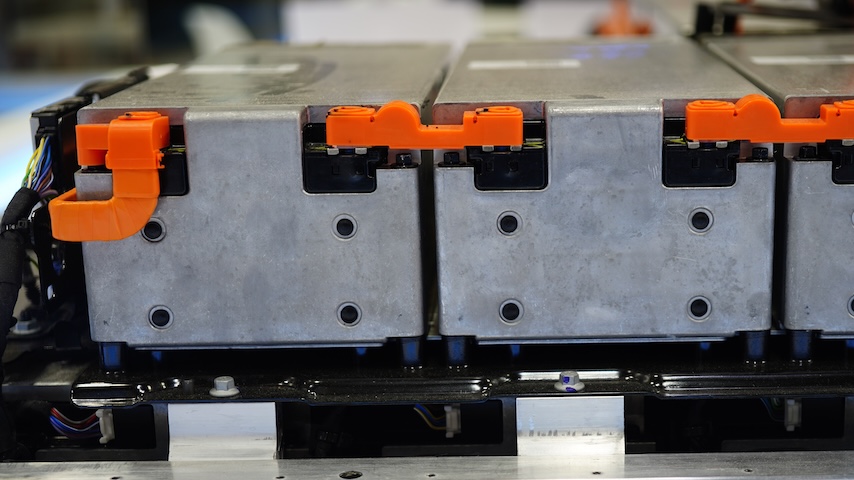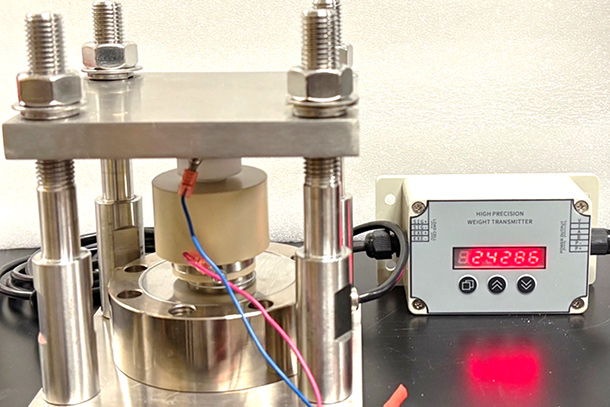$26B Proposed for Funding and Regulatory Relief to Federally Funded Research Impacted by COVID-19
$26B Proposed for Funding and Regulatory Relief to Federally Funded Research Impacted by COVID-19
Last week, Representatives Diana DeGette (D-CO), Fred Upton (R-MI), Eddie Bernice Johnson (D-TX), Frank Lucas (R-OK), Anna Eshoo (D-CA), and Anthony Gonzalez (R-OH) introduced the bipartisan “Research Investment to Spark the Economy Act” (RISE Act) to authorize $26 billion in supplemental funding for federal research agencies to offset costs related to reductions in research productivity resulting from the COVID-19 pandemic. The bill’s provisions are consistent with requests made by over 180 Members of the House in an April 29 letter sent to House leaders.
The letter asked that “as Congress continues to work on economic relief legislation in response to the COVID-19 pandemic, we [the over 180 signing Representatives] ask that you address the challenges faced by the U.S. scientific research workforce during this crisis.” The letter specifically calls on House leadership to include $26 billion in funding in the next coronavirus relief package, specifically to:
The bill specifically mentions the need for investments to ensure future U.S. innovations in areas such as quantum computing, artificial intelligence, robotics, computing, 5G, space exploration, and digital agriculture, among others. The bill also references the unique difficulties certain technology sectors are facing in light of the COVID-19 crisis, especially the manufacturing sector, and calls on Congress “to take measures to help relieve the strain agencies will be forced to face and sustain the strength of our Nation’s ability to remain a global leader in an increasingly competitive global research environment, as other countries continue to make disproportionately large investments in key research areas.”
The letter asked that “as Congress continues to work on economic relief legislation in response to the COVID-19 pandemic, we [the over 180 signing Representatives] ask that you address the challenges faced by the U.S. scientific research workforce during this crisis.” The letter specifically calls on House leadership to include $26 billion in funding in the next coronavirus relief package, specifically to:
- Cover supplements for research grants and contracts (i.e., cost extensions) due to COVID-19 related impacts, including the need for additional salary support and/or research related ramp-up costs.
- Provide emergency relief to sustain research support personnel and base operating costs for core research facilities and user-funded research services until such time facilities reopen and research activities return to pre-pandemic activity levels.
- Fund additional graduate student and postdoc fellowships, traineeships, and research assistantships for up to two years. Graduate students who could not complete their degrees due to pandemic related impacts should be given priority for graduate fellowships and other forms of support so they can complete their research and degrees.
The bill specifically mentions the need for investments to ensure future U.S. innovations in areas such as quantum computing, artificial intelligence, robotics, computing, 5G, space exploration, and digital agriculture, among others. The bill also references the unique difficulties certain technology sectors are facing in light of the COVID-19 crisis, especially the manufacturing sector, and calls on Congress “to take measures to help relieve the strain agencies will be forced to face and sustain the strength of our Nation’s ability to remain a global leader in an increasingly competitive global research environment, as other countries continue to make disproportionately large investments in key research areas.”







